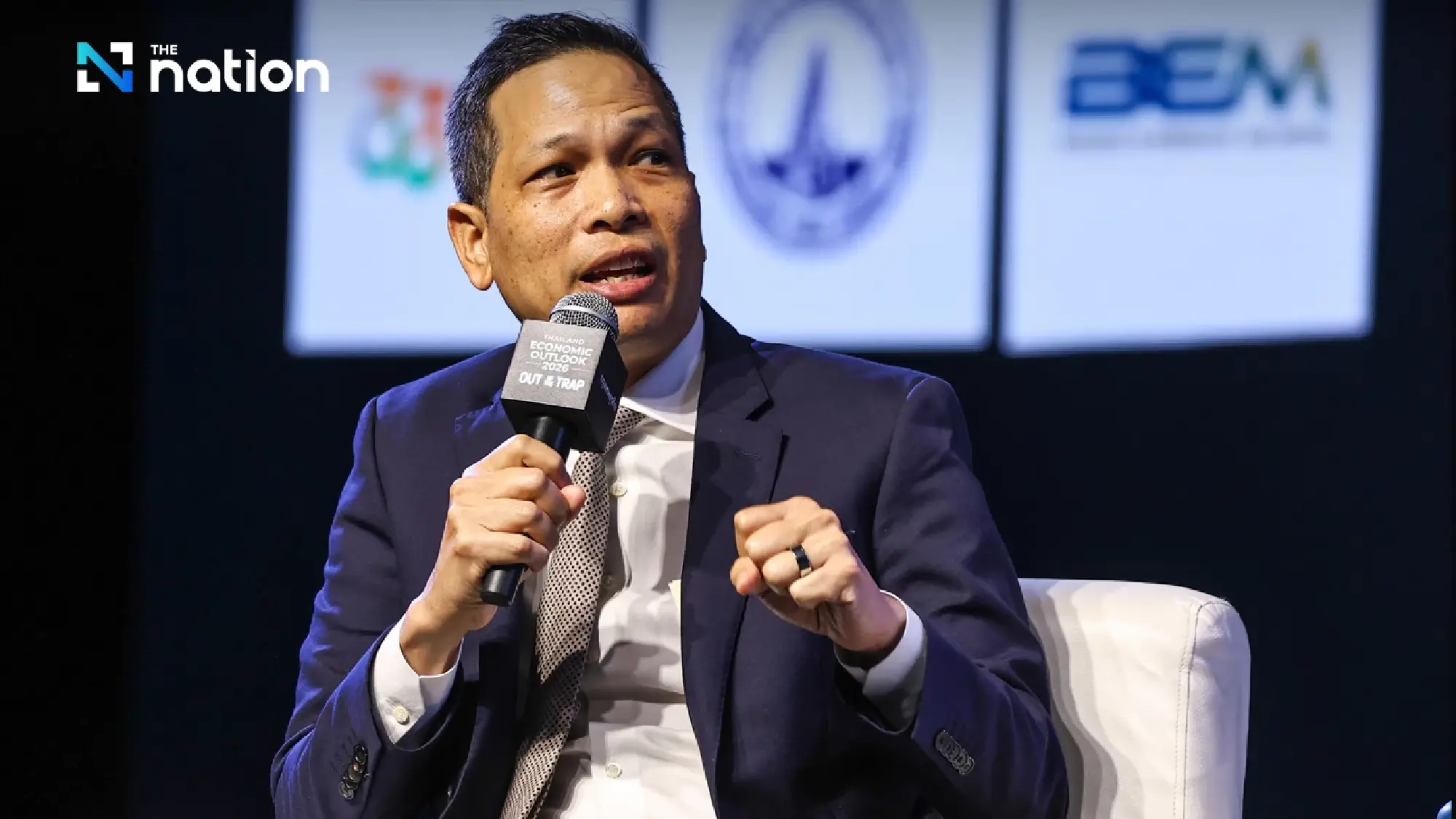
To navigate the challenging domestic environment, developers are fundamentally transforming their business models.
Integration of hospitality services and luxury branding into residential projects—so-called branded residences—has become a key differentiator, adding significant value and creating clear selling points in a highly competitive market.
Sustainability has evolved from optional feature to core requirement, with approximately 70 per cent of Generation Z tourists prioritising sustainable destinations.
Crucially, 83 to 84 per cent of these tourists are willing to pay premiums for sustainable travel, meaning developers who fail to adopt green practices risk losing customers entirely.
The foreign buyer profile is shifting away from investors seeking small rental units towards purchasers of holiday homes or residences near mixed-use complexes.
Asian buyers from China and Taiwan remain strong, whilst India and Myanmar are showing recent strength, viewing Thailand as an attractive second-home destination due to relatively lower prices and quality hospitality services.
Sansiri has adapted by diversifying into home construction services, using existing factory capacity to build homes for customers who own land but cannot secure financing for new project purchases, thereby mitigating labour and completion risks.
Meanwhile, Pasu pointed out that Thailand’s relatively advanced regulatory framework for digital assets offers new opportunities.
“Regulations allow fractionalisation of real estate ownership, enabling purchases as small as one square metre. Digital tokens can serve as alternative capital-raising channels for developers,” Pasu stated.
The government, Securities and Exchange Commission, and Bank of Thailand have launched a tourist digital wallet sandbox programme, initially capped at 50,000 to 500,000 baht monthly, with ambitions to expand usage to large asset purchases including houses, condominiums, and yachts.
Developers have expressed willingness to accept digital assets, particularly for leasehold transactions in areas like Phuket, where foreign customers often face difficulties transferring large sums through traditional banking channels.

